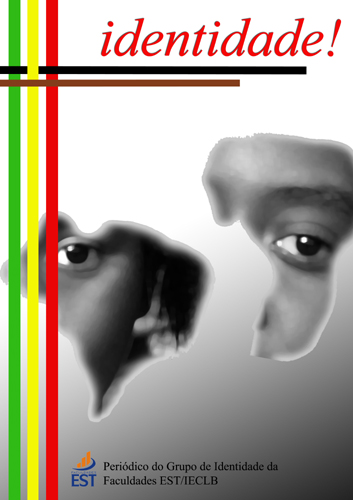INVESTIGATING THE MATHEMATICAL KNOWLEDGE OF ZAMBIAPUNGA THROUGH ETHNOMATHEMATICS
POSSIBILITIES FOR REFORMULATING THE HEGEMONIC MODEL IN THE TEACHING AND LEARNING PROCESSES OF MATHEMATICS
Keywords:
Zambiapunga, Decoloniality, Ethnomathematics, Ethnicracial relationsAbstract
The curriculum, not infrequently, leaves out knowledge, cultures and, therefore, epistemologies: the non-hegemonic ones. Under this view, in addition to the application of laws such as 10.639/2003 and 11.645/2008, the pedagogical act must – by its epistemic nature – promote, at a minimum, reflections on the processes of invisibilization that coloniality still persists in maintaining today. Going against this, through a culturally referenced curriculum, in the light of Ethnomathematics, is what is proposed in this theoretical essay. For this, the pulsating manifestation of Zambiapunga is used as a cultural context to indicate as a possibility the construction of an emancipating education, focused on the exercise of citizenship and preservation of cultural identity. Therefore, the articulation between decolonial studies is used as a theoretical reference, focusing on the concepts of coloniality of power, knowledge and being proposed by Walsh (2009, 2012); the field of the curriculum with the works Gomes (2012); and Ethnomathematics conceptualized by D'Ambrosio (2007). Methodologically, the research is characterized as bibliographical and documentary.
Downloads
Published
How to Cite
Issue
Section
License

This work is licensed under a Creative Commons Attribution-NonCommercial-NoDerivatives 4.0 International License.


